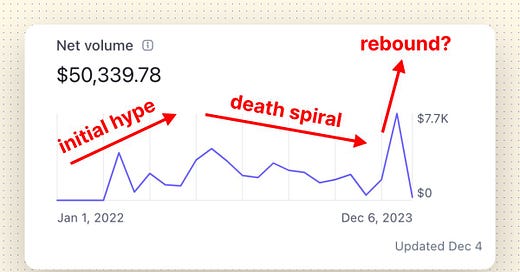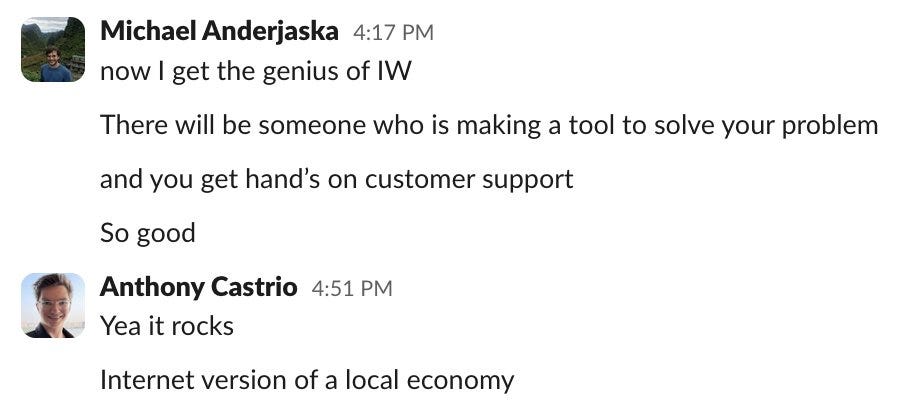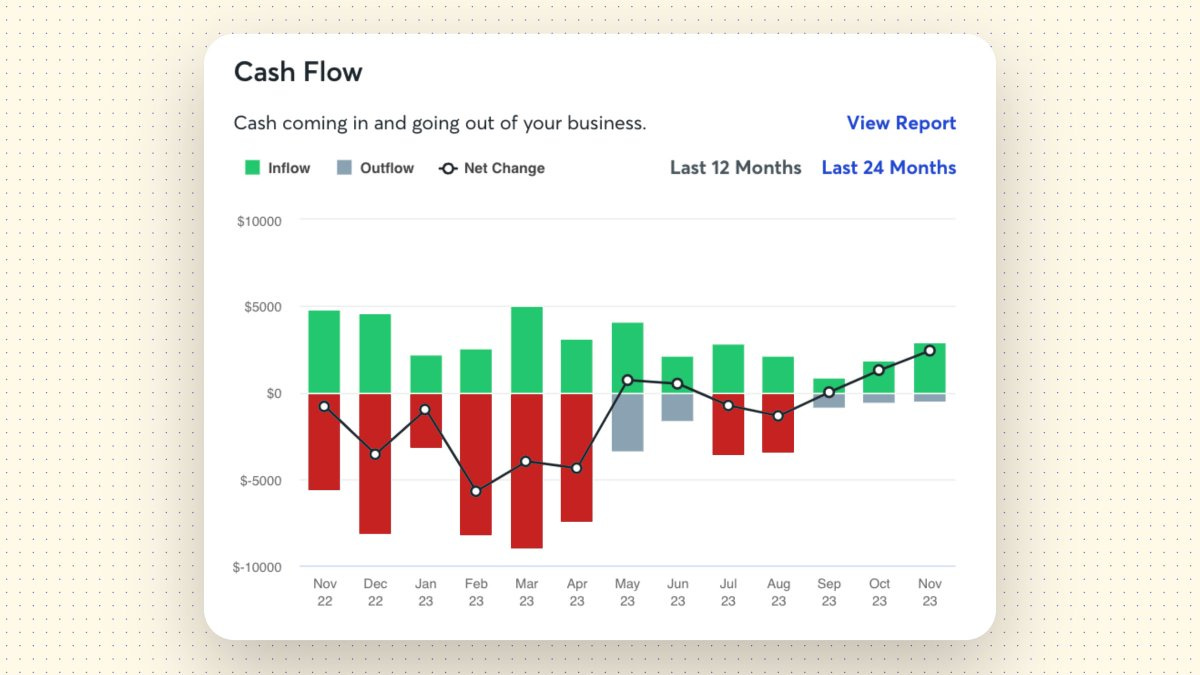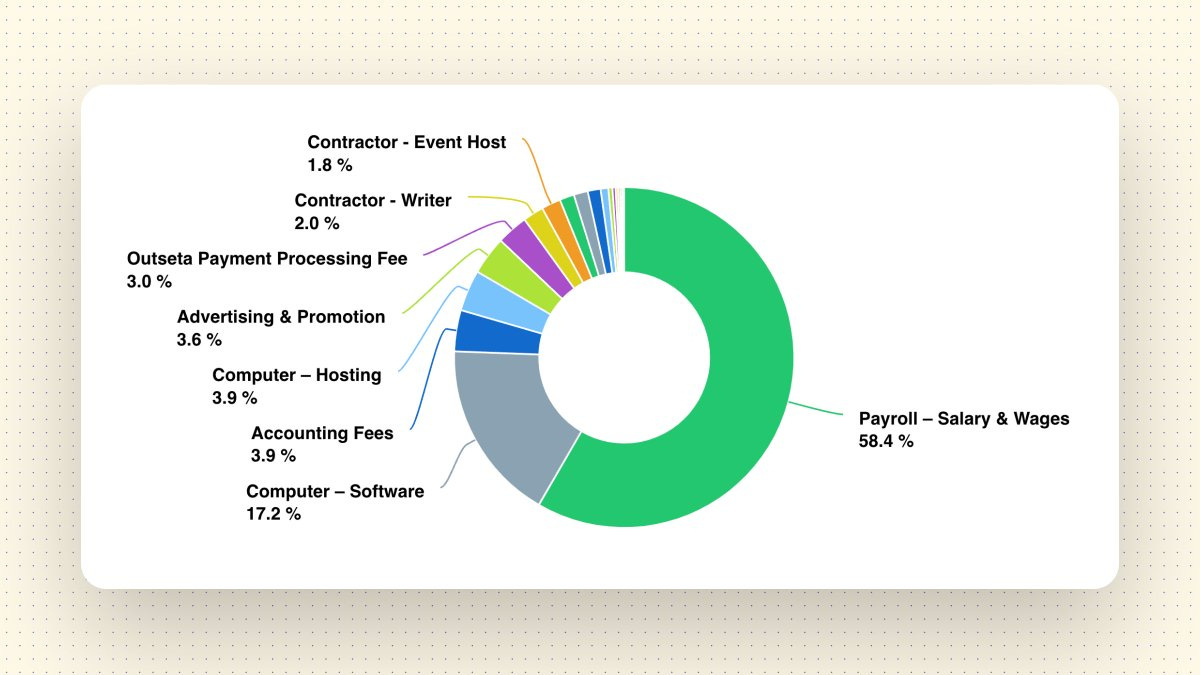Indie Worldwide is a community for bootstrapped founders that I built over the last five years. We host daily masterminds and introduce you 1-1 to other founders making similar revenue as you.
This past year+ I made a series of mistakes, got demotivated, and nearly killed the business.
This post covers what went wrong, what I did to recover, and how you can avoid the same mistakes I made.
If you’re following me on Twitter, then this issue might be redundant since it’s an amalgamation of several recent Twitter long-posts. If not, then read on.
To summarize, here’s what went wrong:
Raised prices too high.
Removed monthly option.
Broke my billing system.
Spent too much money on software and people.
Lost focus on core value proposition.
Abandoned best marketing channel.
Got distracted, then depressed.
Let’s start with that price change.
I made a mistake when I raised the price for Indie Worldwide membership from $29 to $49 for new members.
That was a 70% increase and it took membership out of the reach of too many great founders. At the time, I calculated the price change would be worthwhile as long as new signups and churn went up less than 70%.
Boy, was I wrong. Growth almost immediately stagnated.
I didn't want to walk back the change because I thought it was just a marketing issue. More content -> more eyeballs -> more signups even at a higher price, right?
Wrong.
It turns out $49 was too high for prospective members to feel confident trying out the community and too expensive to keep if they had some slow months.
Signups went down. Churn went up. I should have reversed course after the first month, but I stubbornly pushed on...for a full year.
Big yikes.
I made a third mistake last month when I got rid of the monthly option entirely. I wanted to encourage annual and lifetime memberships, which give members the chance to see the full benefits of the community.
Well, that was a mistake too.
Despite adding a 3-month long no-questions-asked refund period we had the same number of annual signups as before and lost out on new monthly memberships. (Even worse, I accidentally turned off payments even for existing members, losing over $1k in the process.)
Cut to today and I'm finally walking things back:
Monthly membership is $29 a month again for all new members.
Anyone who was paying $49/month will now pay $29/month.
The annual price is now $290. Lifetime is $590.
We're keeping the 3-month long money-back guarantee.
PPP is available for indie founders in developing economies (hit reply if that's you).
So, how's it going?
Well, I rolled these changes out silently a couple of weeks ago to test. And would you look at that--signups are already increasing. Churn is down. Engagement is up.
The community is growing again in a way it hasn't in nearly a year. I'm getting a ton of great energy from the daily standup, seeing everyone's daily updates, and seeing how quick the members are to help each other out.
And last month was our highest-grossing ever at over $7,000
How I stopped the death spiral:
Moved back to my parent's house.
Started working on myself with daily habits.
Audited and cut as many expenses as I could.
Fixed my billing system.
Lowered prices, restored monthly option.
Started daily events, which increased community engagement massively.
Started building in public again (best marketing channel).
A lot of built-in public posts only show you growth and revenue and conveniently skip any contraction or expenses. I'm guilty of this too. It's easy to share when things are going well. It's a lot harder to find the motivation to share when things are going poorly
So I'm going to try and paint the most complete picture I can.
Past 12 months revenue: $37,980
Past 12 months expenses: $51,560
Past 12 months profit: (-$13,580)
For a while there I thought I had it all figured out. I had 12 months+ of runway saved up from freelancing and Indie Worldwide revenue was growing by $500+ per month. When I quit freelancing I assumed that revenue would catch up to expenses before I ran out of runway. Now I'm back living at my parents' house, so that didn't quite work out.
Look at this cash flow chart. Indie Worldwide has been in the red most months.
Only in the past couple of months have I started to turn things around again. My biggest expense: me. I paid myself $4000 a month (including payroll fees + taxes), but Indie Worldwide rarely made $4000 a month in profit. Here are the rest of my expenses broken down by category:
After payroll, my biggest expense is software. I guess that running a community full of indie software developers makes me a really easy guy to sell to.
I spend more than $1,000 a month on Software. At least, I did until recently. Churn started to exceed growth around this time last year. It took me the last three months living lean to right the ship. The September dip was dumb: I accidentally stopped charging people. I lost over $1,000 to that mistake.
How I set a new revenue record in November:
Daily standup + active community started to generate word-of-mouth growth and reduced churn.
Daily standup + live coworking made me personally much more productive every day.
Chased down non-paying members to reduce failed payments.
Launched a Black Friday Deal, 50% off lifetime memberships. Caused a big spike in new signups!
Alright, let’s wrap this up.
Here’s what I learned:
Don’t fix what isn’t broken.
The death spiral started when I got bored with my best marketing channels.
Once you have traction, do things that scale.
I started hosting challenges and events that were too time-consuming and too far removed from the core membership of the community.
Test your assumptions. It's okay to back down.
I raised prices too high and then waited way too long to reset. I felt it was just a marketing failure, not a pricing failure, but I never bothered to really test that assumption.
Urgency creates sales
Discounts work, but are just one way to create urgency. I'm glad that we spiked revenue this month, but this was a one-off. This month I'm building something new and more sustainable. Stay tuned.
Daily habits >>> motivation
The fewer decisions I need to make to get started working, the more I get done. The more I've focused on building daily habits, that prioritize deep work, community building, and health, the more productive I've become.
If you’re a startup founder interested in joining the community, you can learn more here.













I appreciate the fact that you are keeping it transparent, Anthony. This is a perfect example of why conventional business advices may not apply for everyone. This was a good read, friend :)
This is the best write up I’ve seen on a post mortem. Really happy you’ve turned the corner. Stay sustainable!